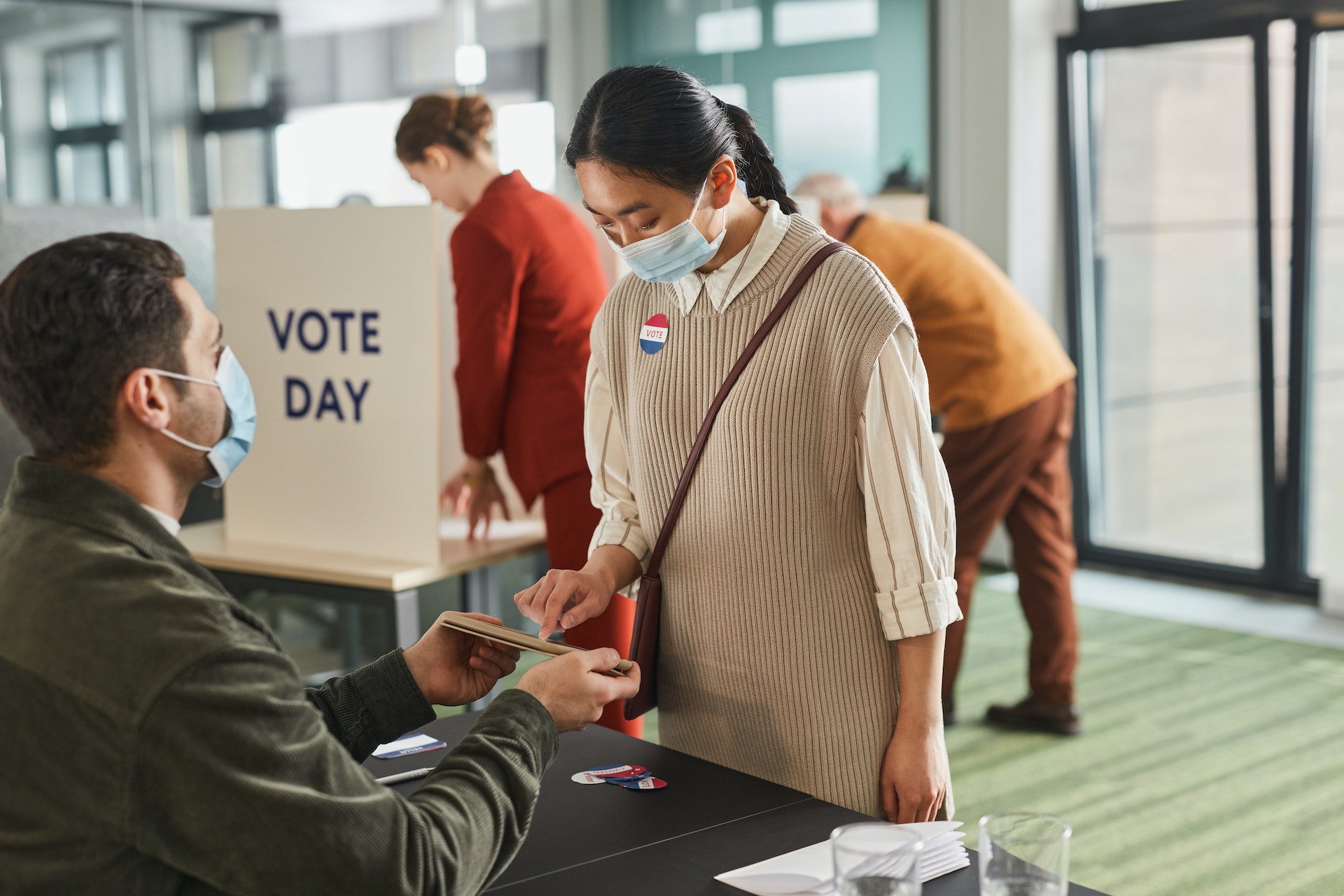
With midterms around the corner, the United States must weigh in on a crucial impending decision that has the potential to alter the lives of many: the question of whether people under the age of 18, even as young as 16, should be allowed to vote in national elections.
Society not only expects young people to know how to make good decisions, but also expects them to be able to face adult punishments for their poor decisions and be tried as such in the legal system. Teens are contributing members of society and should therefore be allowed to vote for laws and representatives that will best represent them.
Lowering the voting age can encourage new voters to cast their ballots and, over time, will increase voter turnout. Developing the habit of voting and actively participating in democratic elections early on will also positively increase the voter turnout rate in years to come. Over the course of many election cycles, statistics show that young people have historically had the lowest turnout rate, and older citizens have had the highest. In Takoma Park, Washington, D.C., when the voting age was lowered to 16, voter turnout among this demographic exceeded every other demographic during the 2016-2017 election, in fact, it nearly quadrupled the average voter turnout percentage. Voter turnout is the lowest it has been in 40 years and it won’t magically increase without any action. The solution is to lower the voting age and educate younger generations about how civic engagement can improve their lives.
Teens all across the country have mobilized in astonishing numbers to protest and rally for the issues they feel are the most pressing in society today. Take for example, the mass shooting that took place at Marjory Stoneman Douglas High School in 2018. In response to that horrific event, students from Stoneman Douglas took to the streets and created a global call to action. They spearheaded the March For Our Lives movement and brought people together to protest gun violence. This is just one example of how lowering the voting age could have given them the opportunity to vote for representatives that would assist them in fighting for gun control.
It has often been argued that teens don’t have the decision making skills that are crucial to voting in such vital elections as their prefrontal cortices have yet to be fully developed. While there is truth to this statement, the prefrontal cortex is not fully developed until the age of 25. Many of the policies being voted on today impact younger generations more profoundly than older generations, but because voting is inaccessible to these younger generations, the laws that are passed fail to accurately reflect the best interests of that age group.
One example is climate change, an urgent issue that will disproportionately impact today’s youth and the next generations. Air, water and soil pollution will have serious long term health effects on future generations if nothing is done to combat this problem. Failing to include young people in these conversations will only ensure that the laws and regulations passed disregard the concerns of young adults. Nobody feels the gravity of this situation or the impending doom of the planet as strongly as young people.
Lowering the voting age will increase voter turnout and improve the lives of our youths. While there are always arguments in opposition to this movement, there are far more reasons to lower the voting age than to raise it. Ultimately, the same people thought of as too immature to vote started a worldwide movement for gun control, climate change and civil rights. Not only does this show strength, bravery and a strong sense of political awareness, but proof that younger generations deserve to be listened to and given the opportunity to make changes during election season.







